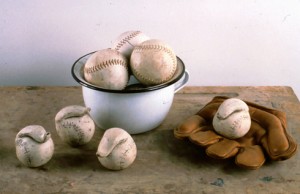I’ve been to the Ithaca Farmers Market before but this time, it felt different. Surrounded by two of my closest friends, it started to dawn on me. This was one of the last moments I would have with them for quite some time. Sprinkled across the country for the summer and spread around the world in the throughout the next academic year, we will only be together again the Fall of our senior year.
While we took the time to reflect on the year, as well as project how years to come will be, we spent the majority of time in the present – enjoying the winds breeze and rays of sun. As we walked past vendors and enjoyed our (food you could buy), I couldn’t help but think about how this year was been one of the most trying – emotionally and physically – that I’ve probably ever had. And it really was the kindness, grace and laughter of my friends that provided me the space to feel awkward, joyous, sad, and comfortable with the young woman I felt myself becoming.
Oddly enough, Ithaca had become my home and has played a large role in my personal development. I never imagined that a place that seemed so “small town” would grow on me. But as I talked with farmers and heard their stories, they felt like my people. But I can’t even fathom the amount of new people I will be meeting this summer and in abroad in Europe this coming fall. If they are anything like the people I’ve encountered in my two years at Cornell, I should be good.
If the world has taught me one thing, its: to stop asking why me, and begin accepting my life as the divine, complex and beautiful exception that it is.


